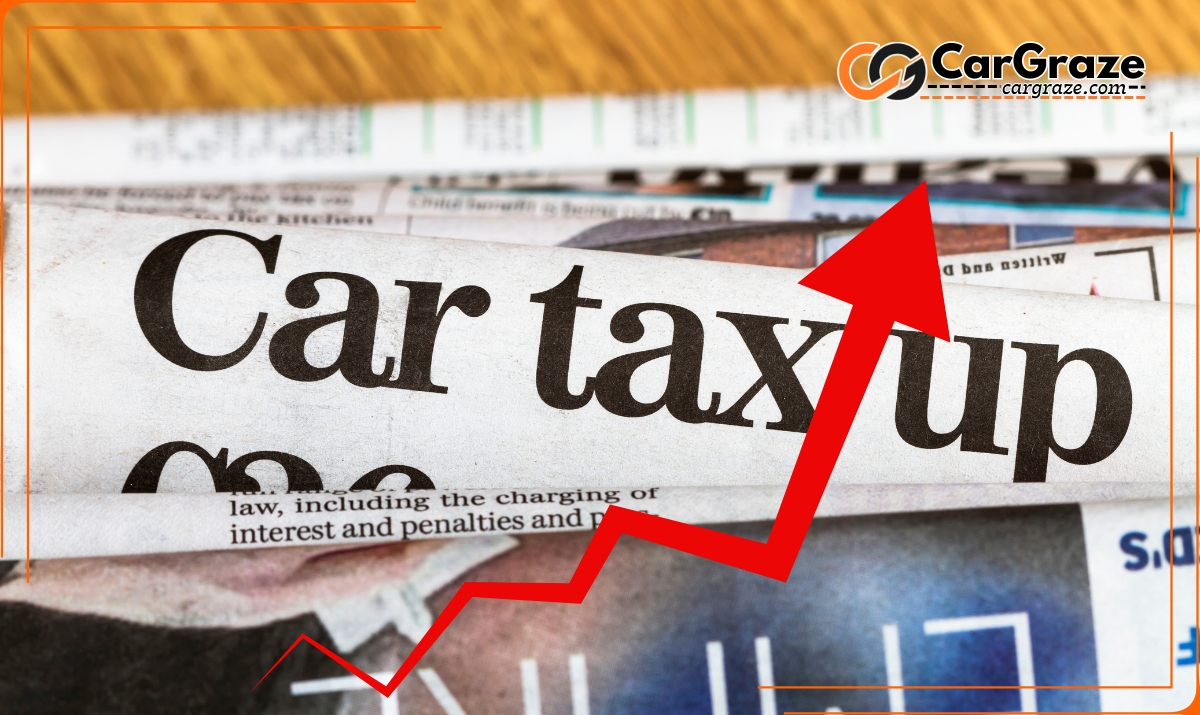
GST Hike on Used Cars: Everything You Need to Know
In a recent development that has caught the attention of car buyers and sellers alike, the GST Council has announced an increase in the Goods and Services Tax (GST) on used cars sold by businesses. The tax rate has been hiked from 12% to a uniform 18%, creating ripples across the automotive industry. Here’s an in-depth look at what this means for businesses, consumers, and the used car market as a whole.
Key Details of the GST Hike
What’s Changing?
The new tax rate applies to the profit margin on used cars-the difference between the purchase price and the selling price. For instance, if a dealer buys a car for ₹5 lakh and sells it for ₹6 lakh, the GST on the ₹1 lakh profit margin increases from ₹12,000 to ₹18,000. This uniform 18% rate applies across all types of vehicles, including electric vehicles (EVs).
Why the Change?
The GST Council’s decision aims to standardize tax rates and address discrepancies in the system. However, this move has sparked debates on whether it will stifle growth in the booming used car market.
Who Will Be Affected?
Businesses and Dealers
For businesses engaged in buying and selling used cars, the hike translates to increased costs. With over 5 million used cars sold in India during 2023-24, this change could significantly impact profit margins. Dealers may choose to pass on the additional cost to consumers, leading to higher car prices.
Consumers
For buyers, this means potentially higher prices when purchasing used cars from dealerships. However, private transactions between individuals remain GST-free, offering an alternative for cost-conscious buyers.
Electric Vehicle (EV) Market
The GST hike also applies to used electric vehicles. While new EVs benefit from a lower 5% GST to encourage green mobility, resold EVs now fall under the 18% tax bracket. This change may dampen enthusiasm for EV resale, which is crucial for building a sustainable EV ecosystem.
Implications for the Market
Used Car Market Dynamics
The used car market in India has been growing rapidly, driven by affordability and increasing demand. This tax hike could slow that momentum, as higher taxes may lead to reduced affordability. Dealers might become more cautious with pricing, potentially impacting the availability of budget-friendly options.
Impact on Affordability
Middle-class families, a significant segment of used car buyers, might feel the pinch of higher prices. This could lead to a preference for private sales or alternative mobility solutions, such as ride-sharing services.
Government’s Perspective
The uniform GST rate simplifies tax compliance and enhances revenue collection. However, it remains to be seen whether this approach will balance revenue generation with market growth.
How Can Buyers and Sellers Navigate This Change?
For Buyers:
- Explore Private Sales: GST does not apply to private transactions, making this a cost-effective option.
- Negotiate Smartly: Be prepared to negotiate prices with dealerships to offset the higher tax.
- Consider EVs Carefully: If you’re eyeing an electric vehicle, evaluate its resale value and long-term savings.
For Sellers:
- Adjust Pricing Strategically: Businesses may need to absorb some of the additional costs to remain competitive.
- Focus on Volume: Increased sales volume could help offset narrower profit margins.
- Educate Customers: Transparency about the GST increase and its implications can build trust with buyers.
Reactions from Industry Experts
Many industry stakeholders have expressed concerns about the potential slowdown in used car sales. “The hike in GST rate is likely to affect affordability and demand, especially in price-sensitive markets,” says an industry expert. Opposition leaders have also criticized the move, suggesting that it could hinder efforts to promote affordable mobility solutions for the middle class.
Conclusion
The GST hike on used cars represents a double-edged sword. While it simplifies taxation and enhances government revenue, it also raises concerns about affordability and market growth. For buyers, exploring private sales and negotiating effectively can help mitigate the impact. Sellers, on the other hand, will need to adapt their strategies to maintain competitiveness in this evolving market.
As this policy unfolds, it’s essential to stay informed and make smart decisions. Whether you’re a buyer or a seller, understanding the nuances of this tax change can help you navigate the shifting landscape of India’s used car market.



Comments